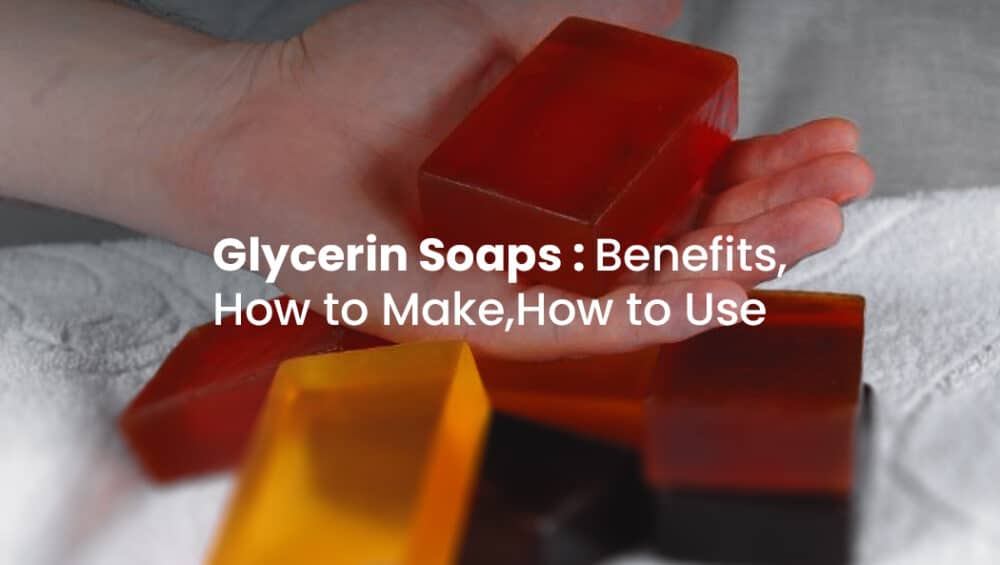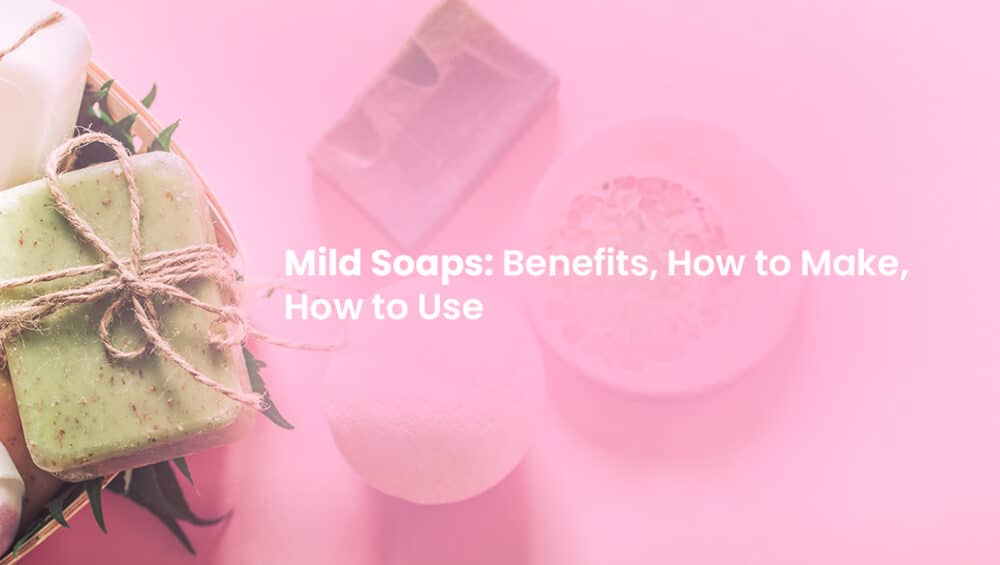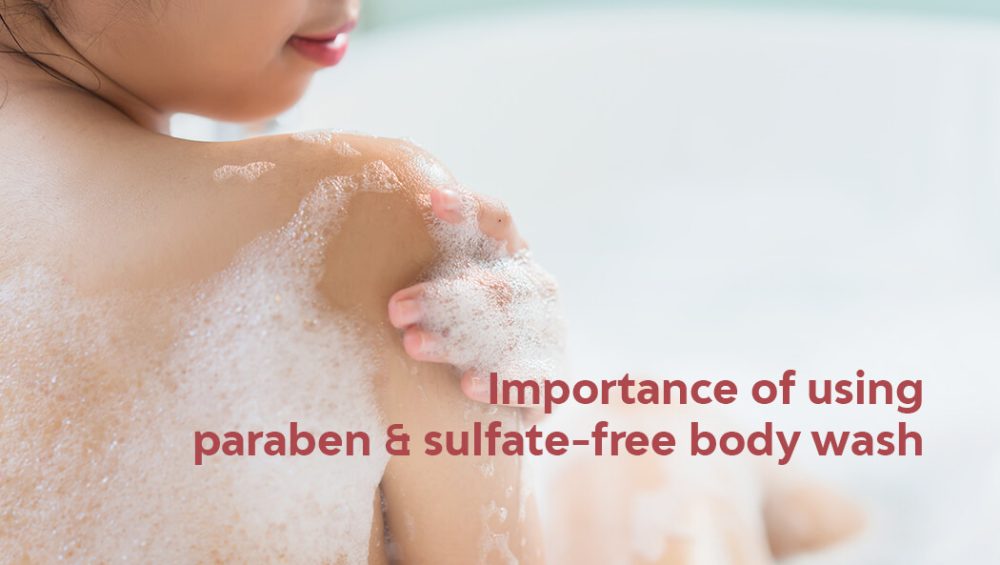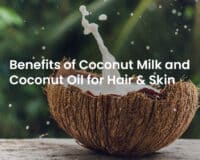Benefits of Glycerin Soap and How to Use One
What are glycerin soaps?
Glycerin based soaps are soaps prepared from natural oils Unlike other soaps, these soaps do not contain any harsh chemicals or detergents. These soaps are known for their gentle, moisturising properties. They are a great substitute for store-bought soaps containing harsh chemicals that can dry out your skin. They also known as glycerol are a natural substitute for regular soaps. They are beneficial for the skin because they are gentle and help to retain skin moisture which makes them ideal for people with sensitive skin.
Glycerin is great for moisturisation and are also free from chemicals. They can be made at home or they can be purchased commercially from a store. Glycerin is a natural emollient that protects your skin from dryness and slows ageing. It has a neutral ph level and is very gentle on the skin. This makes it great for skin care and is safer than other bath soaps. Glycerin is humectant, which means that it actively helps to retain the moisture in your skin and shield your skin from itchiness and redness! In this article, we will explore the benefits of glycerin, how to make it, and how to use it.
What are the benefits of glycerin soaps?
Glycerin soaps are a lifesaver if your skin is prone to skin conditions like acne, dermatitis (eczema), dry skin and psoriasis. Another advantage is that it is free from alcohol, and other chemical-based ingredients that could irritate your skin. Normal bathing soaps strip your skin of its natural oils. Glycerin is non-irritant and can even be used with chronic skin conditions including eczema, dermatitis, acne and psoriasis.
Following are some of the incredible benefits of glycerin that you may or may not be aware of:
- Glycerin hydrates
Glycerin is a wonderful substitute for those with sensitive skin as they aid in retaining the moisture in your skin and prevent over-drying. Glycerin provide much-needed hydration for the skin.
- Glycerin has anti-ageing properties
Glycerin help to reduce fine lines, stretch marks and wrinkles. They are non-greasy and hence a good choice for anyone with oily or combination skin.
- Glycerin moisturizes
It nourish and hydrate the skin, giving it a healthy, youthful appearance. Being a humectant, glycerine can attract moisture to itself. A glycerine soap draws moisture to your face and body and traps the water molecules there. Your skin will remain constantly moisturised as a result, and it will continue to feel moist for several hours after application.
- Glycerin exfoliates
Glycerin contain exfoliating properties and help to remove dirt and dead skin cells. Another benefit is that they are devoid of toxins and synthetic ingredients. Glycerin is suitable for all skin types, from oily and sensitive skin.
- Glycerin brightens and enhances the complexion
Glycerin is entirely non-comedogenic, which means that it hydrates skin without clogging pores. Glycerol plays a major role in keeping the skin bright and luminous. Glycerine soaps help in locking moisture, improving overall skin tone, reduce hyper pigmentation and also protect the skin from infections.
Read Also: Hibiscus for Hair Growth: Benefits & How to Use
What are the ingredients used in glycerin soaps?
Glycerin soaps are beneficial for people with sensitive skin as they are highly moisturising and prevents your skin from becoming dry. Glycerin is one of the most commonly used ingredients in glycerin soaps. It is a clear, odourless and colourless liquid that is derived from animal or vegetable fats. Glycerin is a natural humectant, which means it helps to keep the skin hydrated by drawing moisture from the air. It also has emollient properties, which means it can help to soften and smooth the skin. Other ingredients in soaps include sodium hydroxide (also known as lye), water, fragrance and colourants. Sodium hydroxide is used to saponify (It is the process in which triglycerides are mixed with a strong base to form fatty acid metal salts during the soap-making process) the fats and oils and water are used to dissolve the sodium hydroxide and also help to create a more fluid soap base.
How to make glycerin soaps at home?
If you are thinking about preparing soaps at home, then remember that soap preparation is not rocket science. The glycerin available at the store are often quite expensive. The good news is that you can make natural soaps with your own hands with just a few simple ingredients in the comfort of your home. Coconut oil, castor oil, caustic soda, propylene glycol, ethyl alcohol, water, stearine wax, and sugar are some of the basic ingredients of soaps. To prepare glycerin soap at home, you will need a base of either vegetable glycerin or melt-and-pour soap. You can then add your own desired scents, colours, and other ingredients.
The most vital component of any soap is glycerin. To prepare homemade soaps, you will need:
- 1 cup of glycerin
- 1 cup of liquid soap base (Available online or at most craft stores)
- Soap moulds
- Essential oils or fragrances (optional)
- Food colouring (optional)
Step One:
Use a double boiler or a microwave to melt glycerin and soap base. Heat the mixture in the microwave in 30-second intervals while stirring in between until the two ingredients are fully combined.
Step Two: Once the ingredients are combined together, add in any essential oils or fragrances that you want to use. Stir well to blend.
Step Three: If you want to add some colour to your soap, add in a few drops of food colouring now and stir until evenly mixed in. You can also add exfoliants like coffee beans at this point if needed. Remember to stir well so that everything is evenly distributed.
How to use glycerin soaps?
They can be used like any other type of soap, but it is more moisturizing, and hence well-suited for dry skin types. It can also be used as a shaving soap or shampoo bar. It is long-lasting and will not turn bad like some other herbal soaps. These should be added to your regular skincare routine. As glycerin is a humectant, it is gentle on the skin and doesn’t dry it out like other soaps. It is simple to use; just wet your hands or body, lather up with the soap, and rinse off.
Glycerin serves a variety of cleaning solutions. It can be used as a daily body wash or a facial cleanser for people with oily skin. After using the soap, your skin won’t feel tight or dry because of the glycerin in it. It works like magic to hydrate your skin.
Glycerin soaps vs regular soap
There are two types of soaps that you can make at home – glycerin soaps and regular soaps. Glycerin soap is made with glycerin and regular soap is made with oils and fats. Glycerin soaps are more moisturizing than normal soaps. They are also less likely to irritate your skin. They are also transparent, while normal soap is opaque.
If we look at the ingredients, glycerin soap is made of natural ingredients whereas normal soap contains parabens and chemicals which are not good for your skin in the long run. Another benefit of glycerin is that it can be used on all skin types, however normal soap is not good for sensitive skin. Apart from providing hydration, Glycerin focus on deep cleansing whereas normal soap strips the skin of its natural oils.
Final Words
If you have sensitive skin, glycerol may be a good option for you. Making soaps at home is not only easy, but it’s also a fun activity that you can do with your family or friends. Plus, you get to decide the ingredients that go into your soap, which means you can make a natural product that is good on your skin.
























